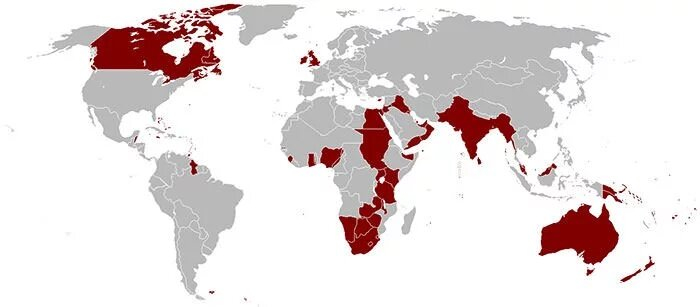Impact on the British Empire
The major effects of the American revolution were most disadvantageous to the British. In addition to, the impact on the British Empire losing a significant portion of their Empire, Great Britain also lost a significant amount of money. As a result, the Revolutionary War cost Britain a fortune, causing the national debt to skyrocket and a monthly interest bill of about ten million pounds. As a result, taxes have to be hiked. Britain's income was derived from commerce, which was badly disrupted. Imports and exports plummeted, while stocks and land values plummeted as a result of the recession. Thousands of commercial ships were seized as a result of naval strikes by Britain's adversaries.
The British Empire used two unique types of imperialism as a result of the American Revolution: one for native people and the other for European settlers. While the British continued to subjugate native peoples in Asia and Africa, settler desires for autonomy and self-government in their white colonies grew. Quebec was split into two colonies in 1791, Upper and Lower Canada, each with its own elected legislature. The Australian Colonies Government Act of 1850 was the outcome of the movement for representative government in Australia, while the New Zealand Government Act of 1852 was the consequence of agitation for representative government in New Zealand.
On the other hand, the impact on the British Empire as wartime sectors such as naval suppliers and the uniform-making portion of the textile industry saw a boost. As Britain failed to recruit enough troops for the army, it was forced to hire German soldiers, which resulted in lower unemployment. Preying on opposing commercial ships, British "privateers" had as much success as virtually any of their opponents. The impact on commerce was only temporary. By 1785, British commerce with the nascent United States had caught up to that with the colonies, and by 1792, trade between Britain and Europe had quadrupled. Furthermore, while Britain accumulated a higher national debt, it was able to live with it, and there were no financial-motivated uprisings as there were in France. During the Napoleonic Wars, Britain was able to maintain numerous armies and field its own instead of paying for others.











